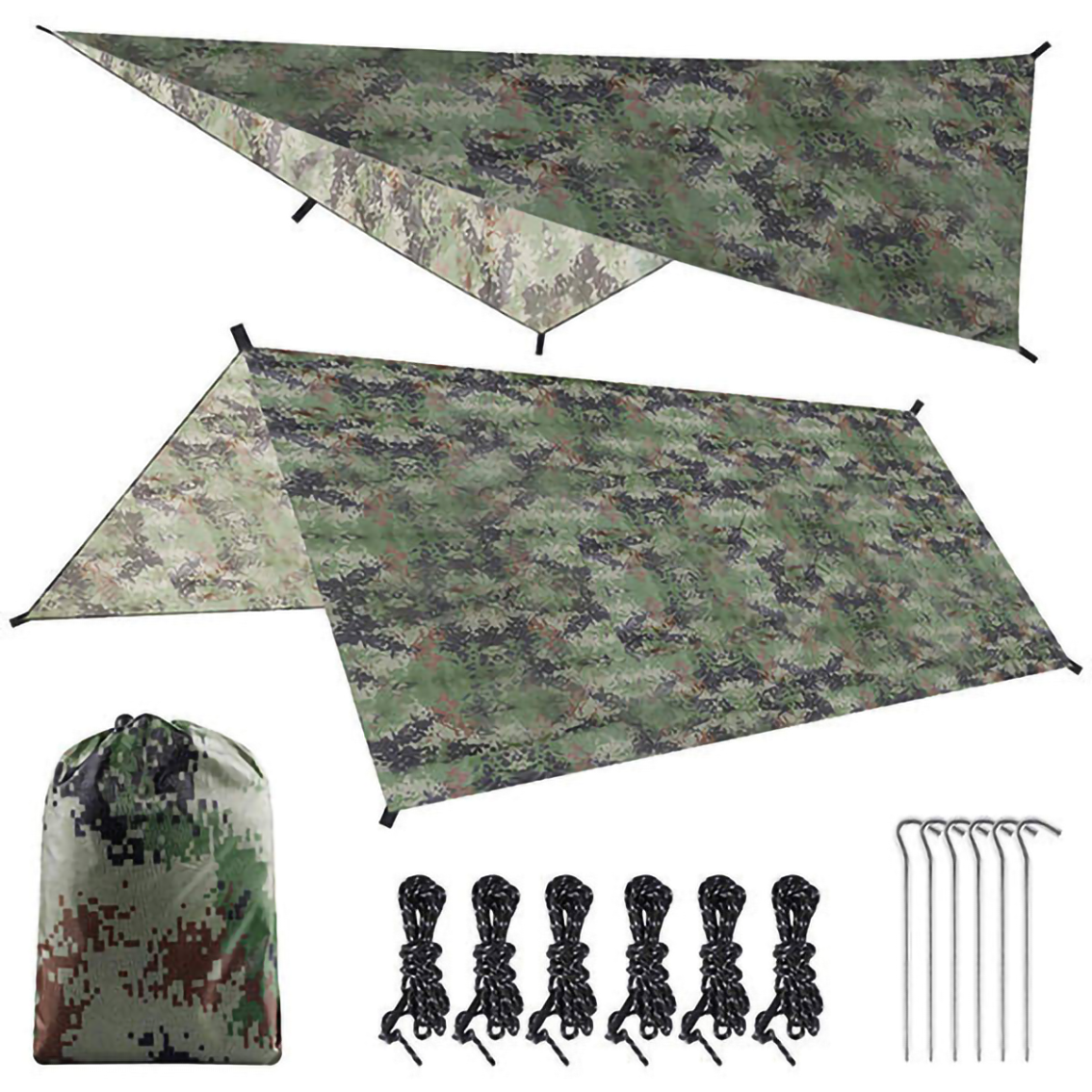Tent Materials Explained: Performance Comparison
Tent Materials Explained: Performance Comparison
When choosing a tent, the material is a key factor that affects durability, weight, and weather resistance. Here’s a detailed comparison of the most common tent materials.
Nylon:
Nylon is lightweight and strong, making it a popular choice for backpacking tents. However, it is less resistant to UV damage, which can degrade the fabric over time.
Pros:
•Lightweight and easy to carry
•High tensile strength
•Quick drying
Cons:
•Prone to UV damage
•Can stretch when wet
Polyester:
Polyester is more UV resistant than nylon and does not stretch as much when wet, making it a more stable option for long-term use.
Pros:
•UV resistant
•Less stretch when wet
•More affordable
Cons:
•Heavier than nylon
•Not as strong as nylon
Canvas:
Canvas tents are known for their durability and breathability. They are heavier and bulkier but provide excellent comfort and longevity.
Pros:
•Extremely durable
•Breathable and comfortable
•Good insulation
Cons:
•Heavy and bulky
•Requires maintenance
Choosing the right material depends on your specific needs. For backpacking, lightweight nylon is often preferred. For car camping or extended stays, the durability and comfort of canvas can be more appealing. Polyester strikes a balance, offering affordability and UV resistance, making it a versatile choice.
Maintenance Tips:
Proper maintenance extends the life of your tent material. Always dry your tent completely before storage to prevent mold and mildew. Use a UV protectant spray on nylon and polyester tents to prolong their lifespan.
Recommended Product:
Discover our range of Bontaza Polyester Tents that combine durability with UV resistance, perfect for family camping trips.



